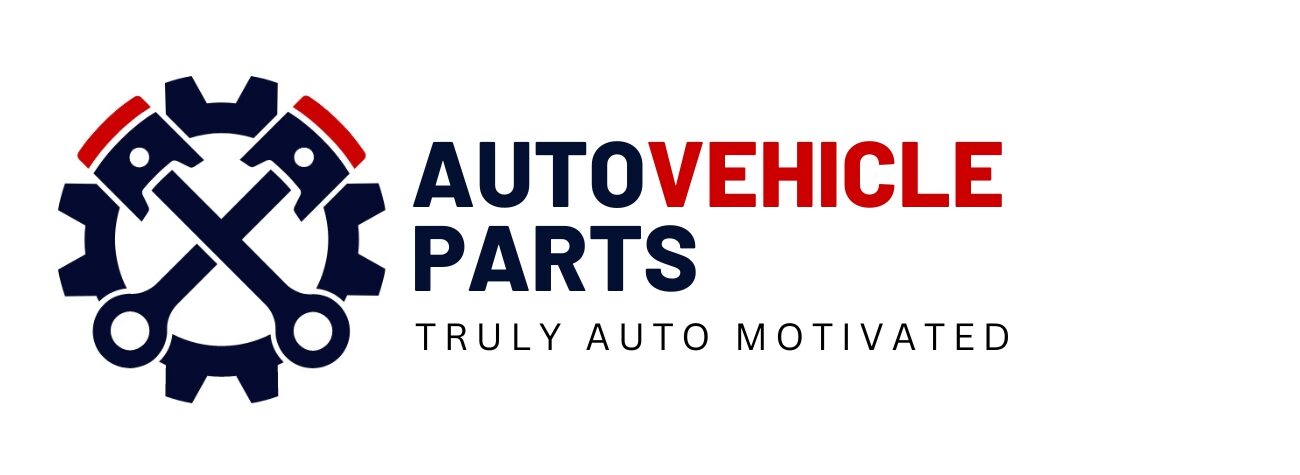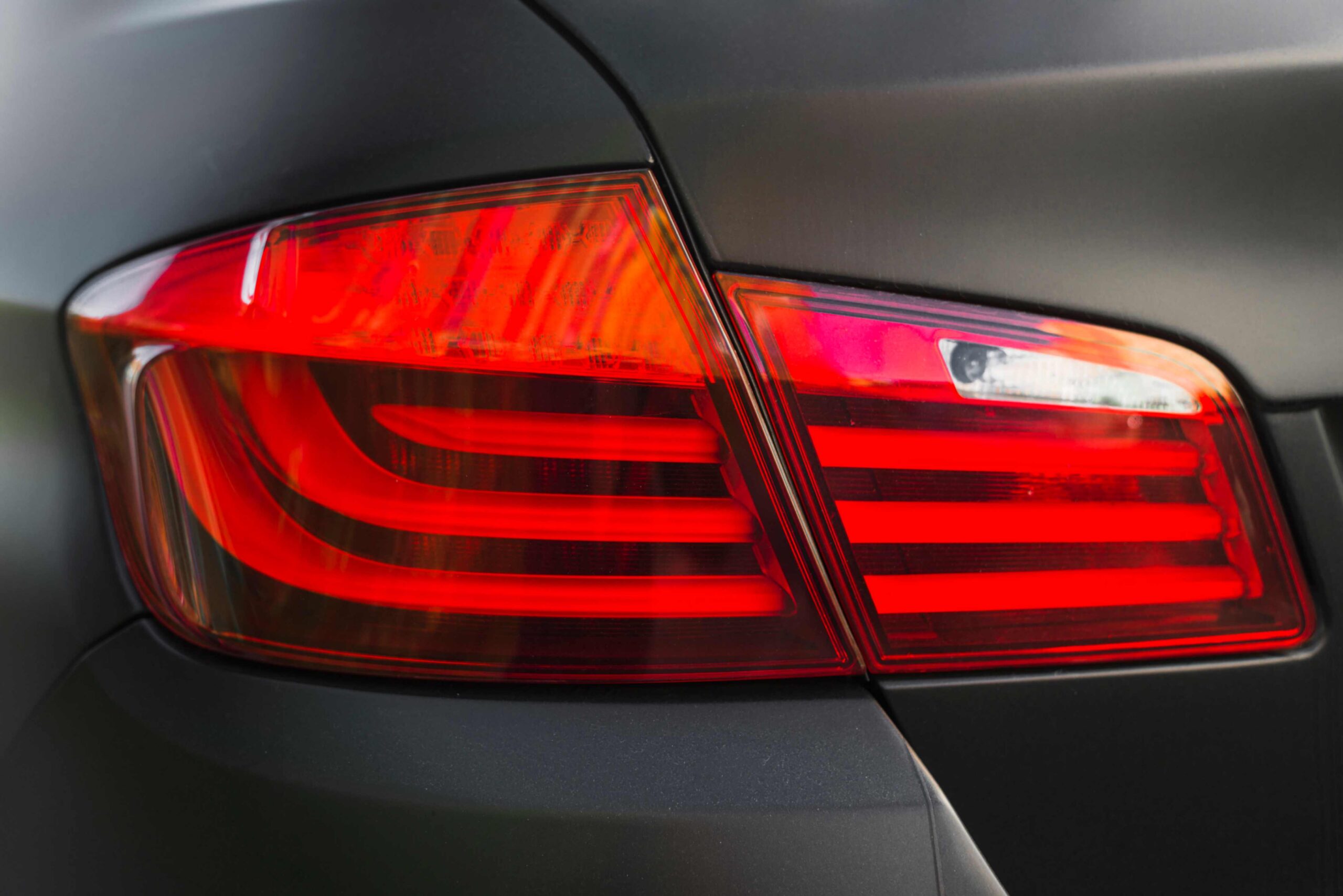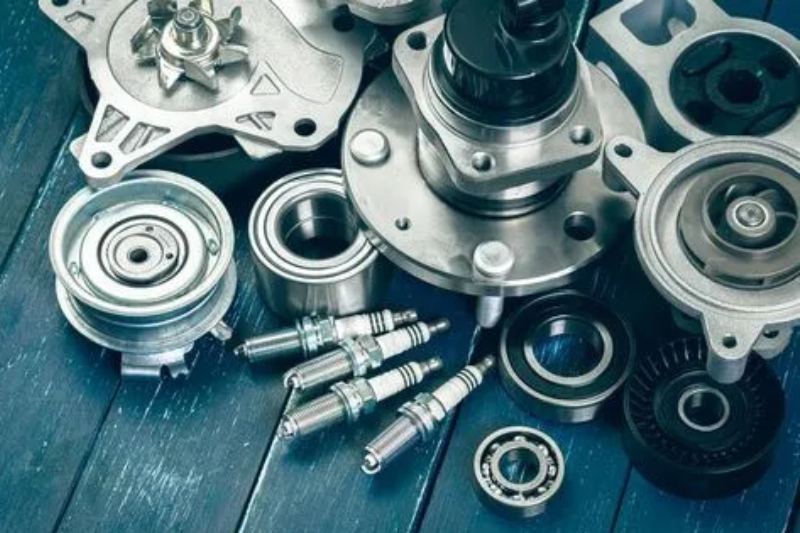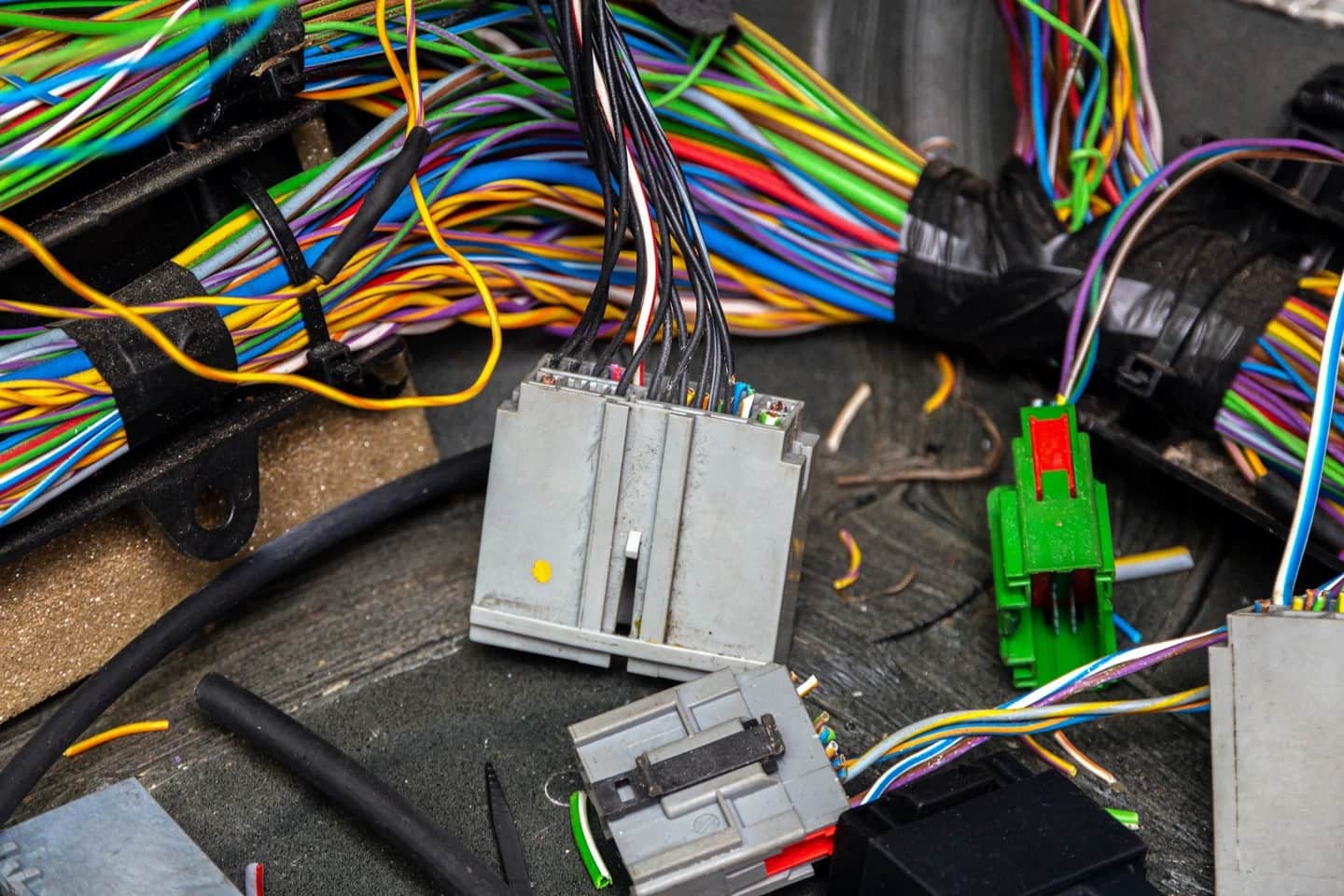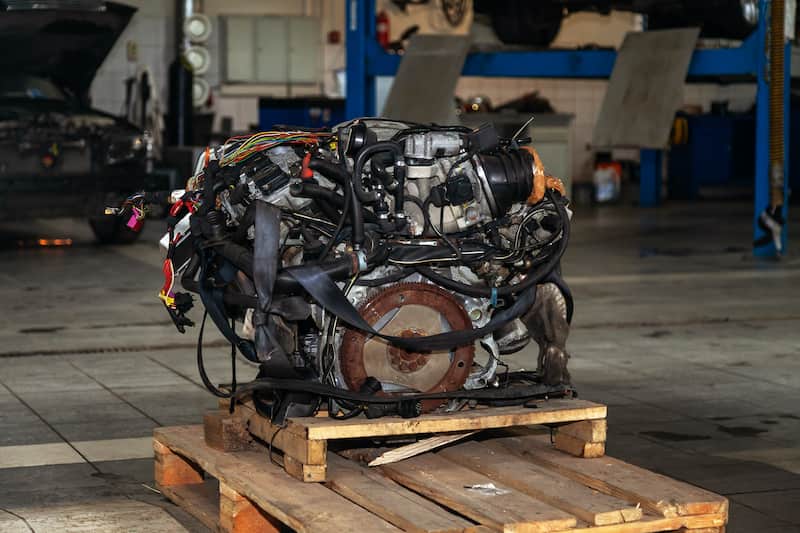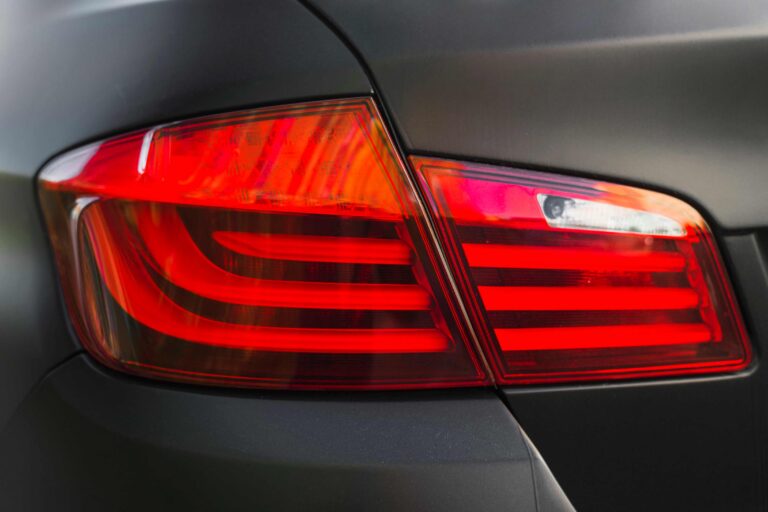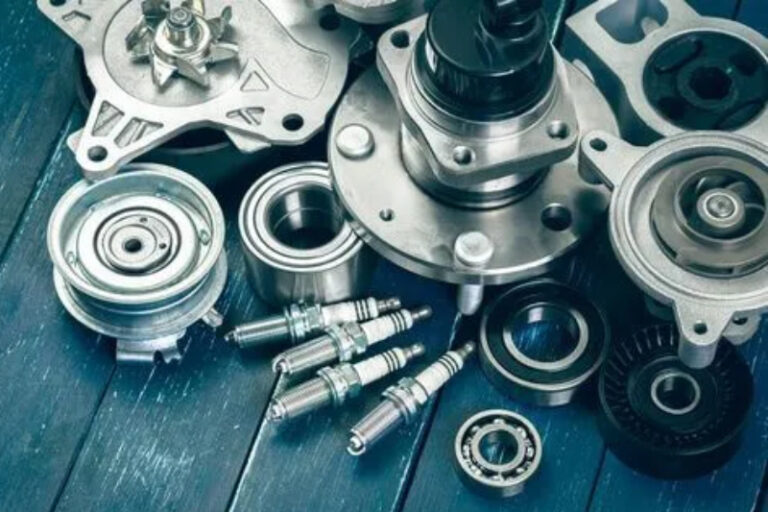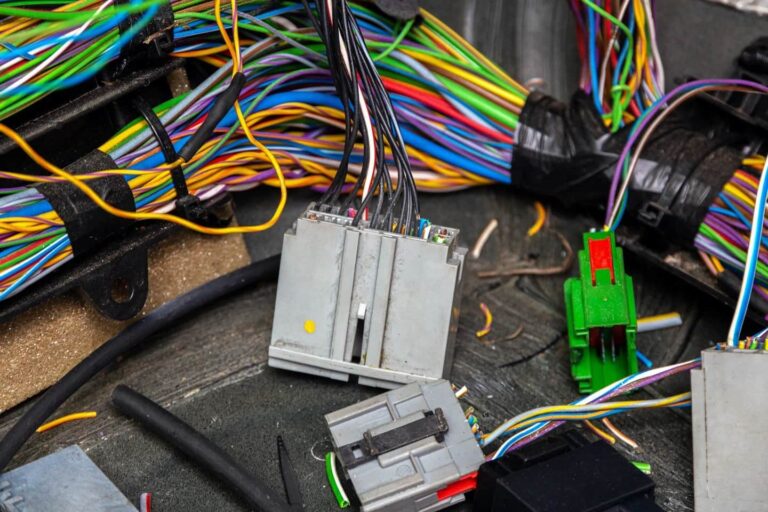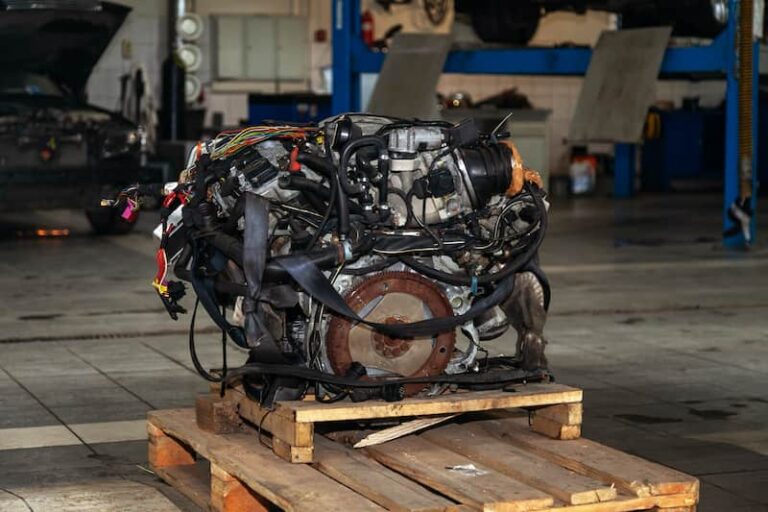The braking system of a car is one of its most vital safety features. It’s fair to say that your car’s brakes are just as important – if not more – than your engine itself. Without properly functioning brakes, driving becomes unsafe and unpredictable. But here’s an interesting question many drivers ask: do car brakes work when the engine is off?
The simple answer is yes, your car brakes will still work when the engine is off – but not nearly as efficiently as they do under normal running conditions. The reason lies in how modern braking systems are designed. When the engine is running, it provides vacuum-assisted power that helps apply the brakes with minimal effort. Once the engine is off, this assistance disappears, leaving only your foot pressure to slow the car down.
Let’s explore how this works in detail.
How Do Car Brakes Work?
Car brakes function through a hydraulic system that converts the pressure you apply to the brake pedal into a powerful clamping force at the wheels. When you press the pedal, brake fluid travels through brake lines to each wheel, forcing the brake calipers to press brake pads against the rotors (or brake shoes against the drums in some vehicles). This friction slows down and eventually stops the vehicle.
To make this process easier and more efficient, modern vehicles include a vacuum brake booster (also known as a power brake booster). This component uses the engine’s vacuum pressure to multiply the force from your foot, allowing for strong braking power with minimal pedal effort.
What Happens When the Engine Is Off?
When the engine is turned off, the vacuum booster no longer receives the pressure it needs from the engine to function. That means the braking system loses its power assist, leaving only the mechanical force you apply on the pedal.
Here’s what happens in that situation:
- The brakes will still function, but the pedal becomes harder to press.
- It will take more effort to stop the vehicle, and stopping distance may increase slightly.
- The first one or two presses after turning off the engine might feel normal because there’s still some residual vacuum left in the system. But once that’s gone, braking becomes significantly harder.
This is why, if your engine suddenly stalls while driving, you can still bring your car to a stop – but it will require greater pedal force and more focus to maintain control.
Understanding the Role of the Brake Booster
The vacuum booster is designed to provide a large amount of braking force with very little effort. It uses engine vacuum to create a pressure differential inside the booster chamber. When you press the brake pedal, the booster amplifies that force and sends it to the master cylinder, which pushes brake fluid to the wheels.
If the engine stops working, the vacuum assist stops too. The result? You’ll still be able to stop, but only through manual pressure applied to the pedal. This explains why your brakes feel “hard” when the engine is off.
Some modern vehicles, particularly hybrids and electric cars, use electric brake boosters instead of vacuum boosters. These systems maintain power-assisted braking even when the engine is off or idling.
Why Do Brakes Feel Hard When the Engine Is Off?
If you’ve ever tried pressing the brake pedal with the engine off, you’ll notice it feels stiff and unresponsive. This happens because there’s no vacuum pressure assisting you. Once the engine shuts down, the booster holds only a small amount of residual vacuum – usually enough for one or two presses. After that, the system relies solely on your leg strength.
This can be a surprise if your car stalls in traffic or loses power unexpectedly. However, as long as you remain calm and apply steady pressure, you can safely bring the car to a stop.
What If the Brake Booster Fails?
Even if your vacuum booster fails, the braking system itself remains functional. The key difference is that braking will require significantly more physical effort. You’ll still be able to stop, but the pedal will feel extremely firm, and your stopping distance might increase.
If you notice that your brake pedal feels unusually hard or that you need to press it much harder than normal, it could indicate a problem with your brake booster. In that case, you should immediately have your car checked by a qualified mechanic.
How Long Do Car Brakes Last?
The lifespan of car brakes depends on several factors, including driving style, terrain, and brake material. Generally, brake pads last between 30,000 and 70,000 miles, though some can go longer with proper care.

When a brake pad wears down, it often makes a squeaking or squealing noise when applied. This serves as an audible warning that it’s time for a replacement. In newer vehicles, you may also see a brake pad wear indicator light on the dashboard, triggered by electronic sensors in the braking system.
Additionally, as brake pads thin out, the caliper pistons need to travel further to apply pressure, which can cause a drop in brake fluid level. Always check your brake fluid reservoir regularly to ensure it’s filled to the recommended level.
How to Change Your Brake Pads
If your brake pads are worn out, replacing them is crucial for maintaining safe braking performance. Here’s a step-by-step guide to changing your brake pads:
- Take off the wheel using a jack and lug wrench.
- Unscrew the caliper bolts that hold the brake assembly in place.
- Lift the caliper to expose the old brake pads.
- Remove the worn pads from the caliper bracket.
- Install new retaining clips (if necessary).
- Insert new brake pads in the same position as the old ones.
- Compress the caliper piston using a C-clamp or brake tool to make room for the new pads.
- Check brake fluid levels and top up if needed.
- Reattach the caliper and tighten the bolts.
- Replace the wheel and repeat the process on the other side.
- Test drive carefully to ensure the brakes feel responsive and smooth.
If you’re unsure or uncomfortable doing this yourself, it’s best to have a professional mechanic handle the replacement.
Maintaining a Healthy Braking System
Your braking system is critical to your safety. Here are a few maintenance tips to keep it in good shape:
- Inspect brake pads and rotors regularly for wear.
- Check brake fluid every few months and replace it as recommended.
- Listen for unusual noises such as grinding, squealing, or clunking.
- Avoid aggressive driving that causes excessive heat and brake wear.
- Get professional inspections annually to detect issues early.
If you ever feel that your brakes are losing effectiveness or notice the pedal feels spongy, get your system checked immediately.
Final Thoughts
Car brakes do work even when the engine is off – but not with the same efficiency. The vacuum brake booster is what gives you that smooth, effortless braking feel. Without it, you’ll rely entirely on your leg strength to stop the car.
That’s why maintaining your brake system is vital. Regular checks, timely pad replacements, and sufficient brake fluid levels ensure that your vehicle remains safe and responsive under any condition. When in doubt, always consult a trusted mechanic to ensure your brakes are performing at their best.
Frequently Asked Questions (FAQs)
Yes, your car’s brakes still work when the engine is off, but without vacuum assistance, you’ll need to apply more pressure on the pedal to stop.
The vacuum booster loses pressure once the engine is off, which removes power assistance. This makes the brake pedal harder to press.
Brake pads typically last between 30,000 and 70,000 miles, depending on driving conditions and maintenance.
You can still stop your vehicle if the booster fails, but the pedal will be harder to press, and stopping distances will increase. Repair it as soon as possible.
Look for squealing sounds, reduced braking performance, a vibration in the pedal, or a dashboard warning light indicating worn brake pads.
